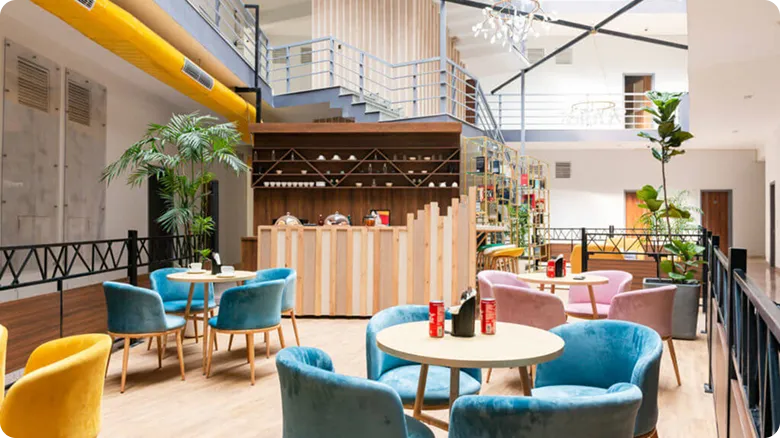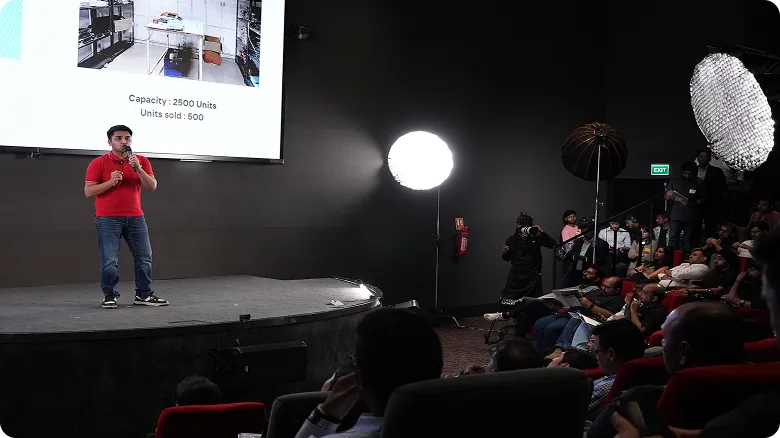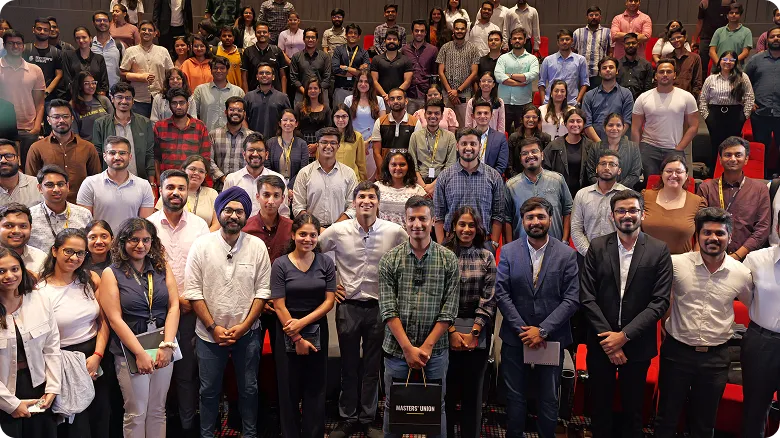Undergraduate
Undergraduate (Global)
Postgraduate
PGP in Technology and Business Management
PGP in Technology & Business Management
(Young Leaders Cohort)
PGP in Human Resources & Organisation Strategy
PGP in Sports Management & Gaming
PGP in Applied AI & Agentic Systems
PGP in UI/UX & Product Design
PGP in Sustainability & Business Management
PGP Bharat
Executive
Family Business
Careers
Innovations
Faculty
MU Ventures
Enterprise Education
Student Life
Jobs
Become a Master
events
For Companies
Blog
Business
How Hori Lal Panwala built Delhi’s most iconic paan business
May 28, 2025
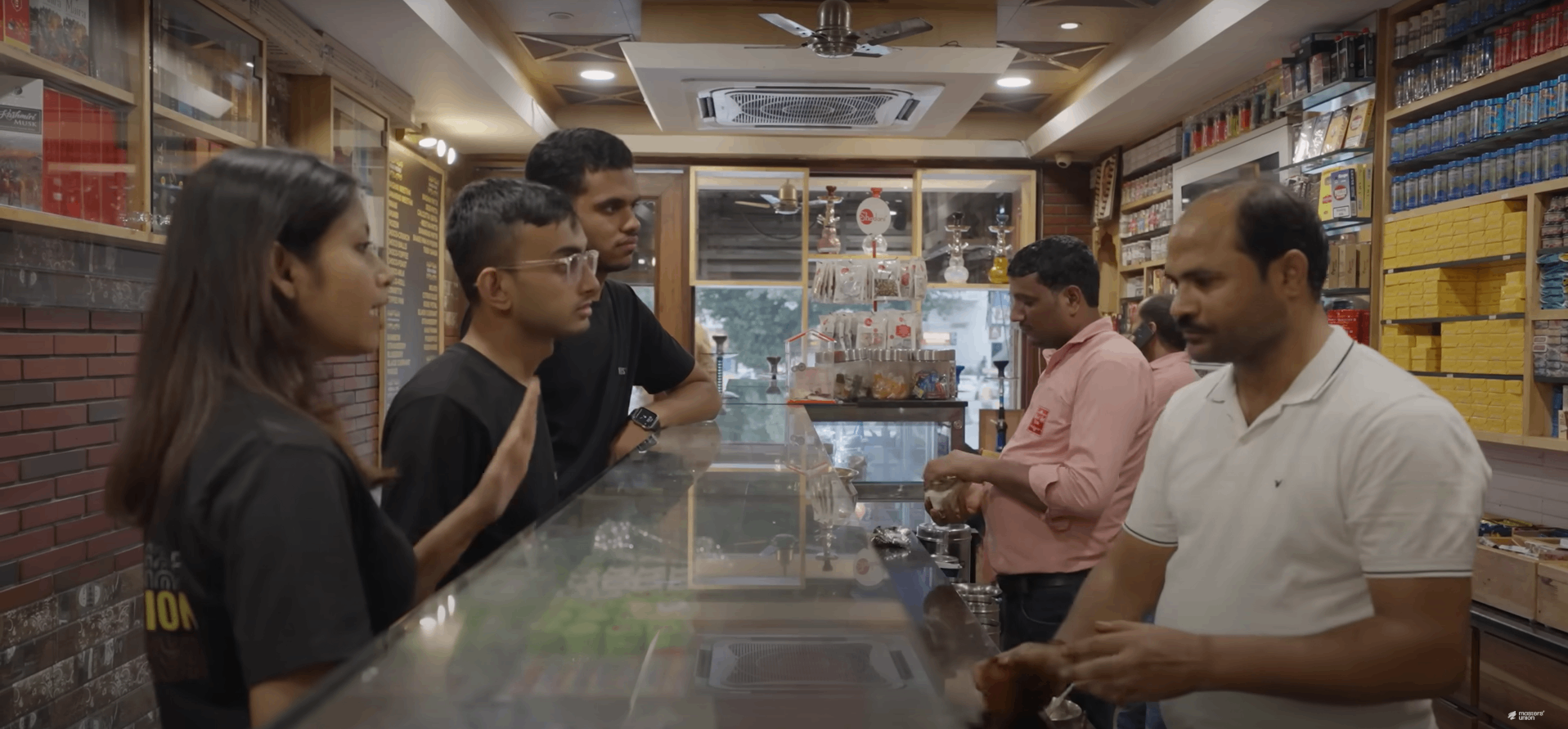
While the world chases fleeting food trends and global flavours, Hori Lal Panwala has stayed rooted across six generations and serves legacy in every paan.
Hori Lal Panwala started as a modest street cart in Delhi. Today, the business has grown into a recognised paan chain with 10 outlets, known for its quality and excellent customer experience.
The shop’s story is not just about selling paan. It’s about understanding customer habits, responding to changing tastes, and holding firmly to values passed down through generations.
Want to watch the video instead?
As part of OffCampus, our students visited one of the outlets in Lajpat Nagar and interviewed Chetan Chaurasia, 6th generation ‘Paanwala’ and master of paan innovation. Watch this video to learn how a traditional paan shop has thrived in an age of shifting consumer preferences:
Staying rooted in heritage while focusing on quality
Hoori Lal Panwala’s biggest strength lies in its lineage. From sourcing premium leaves from Benares to selecting the right aromatic ingredients from Kannauj, every choice is made with care.
The Chaurasia family has been involved in paan cultivation for over a century, giving them an unmatched understanding of what makes good paan. This background ensures strict quality control.
Chetan explains that customers notice the difference when quality slips even slightly, so regular testing and refinement are key to their operations. At a time when many food businesses compromise for speed or scale, Hori Lal Panwala believes in doing things properly, just as their forefathers did. He says even if you’re far out, people will come find you if you’re serving quality.
Adapting to customer needs and habits
One of Hori Lal Panwala’s smartest business decisions was location selection. Most of their customers arrive by car, often stopping by on their way to or from somewhere else. So instead of focusing on footfall or crowded markets, the team chooses locations with adequate parking and easy access. This simple but effective choice makes life easier for customers.
They’ve also expanded their menu to match different customer preferences. For younger customers or children who might not want traditional paan, they offer non-paan sweets like chocolate toffees. For weddings and parties, they provide a catering service that introduces the brand to a wider audience while generating extra revenue.
“We constantly introduce new flavours without losing the essence of traditional paan,” Chetan adds. Balancing innovation and tradition keeps the shop relevant without losing its identity.
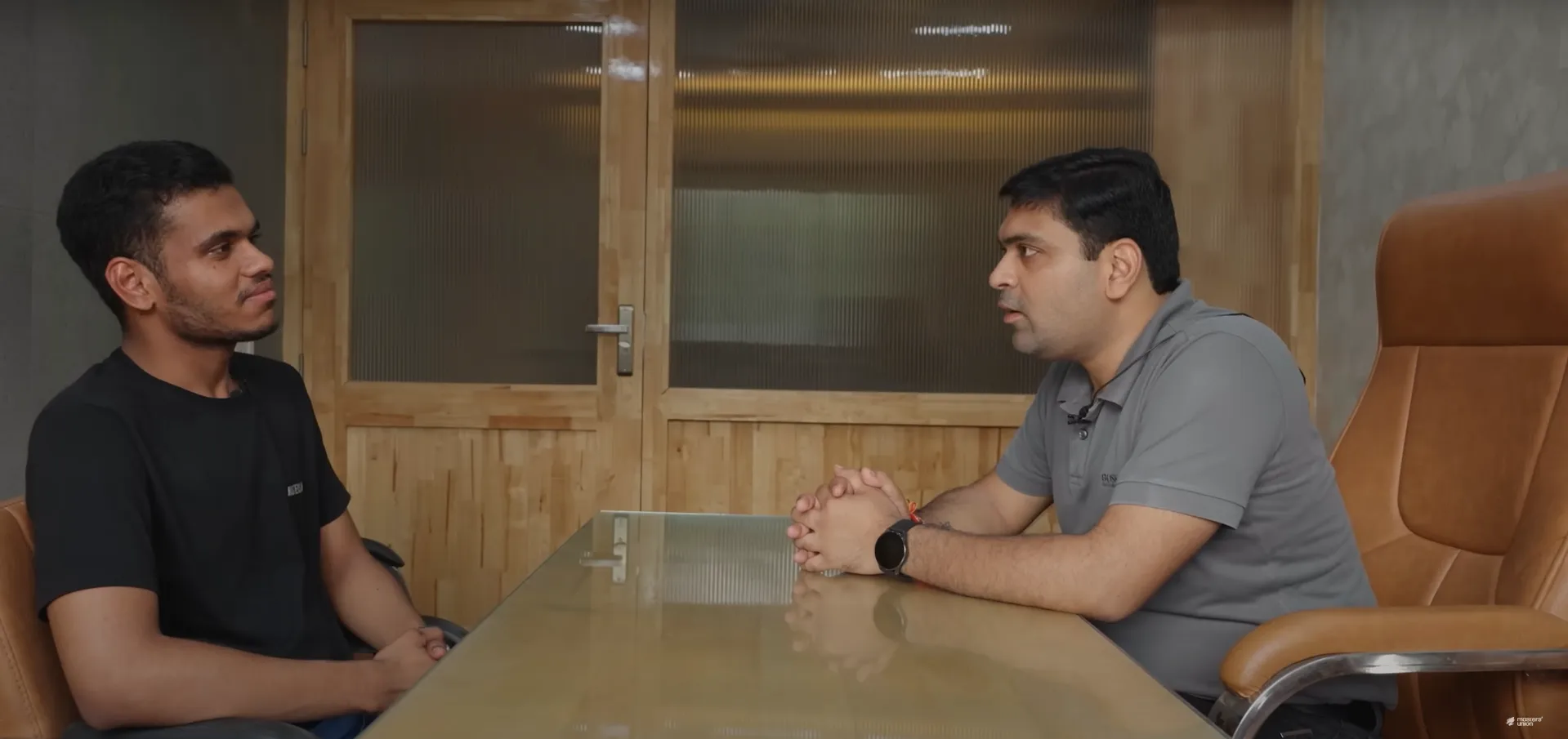
Responding to market shifts and rising competition
While the business has grown, it hasn't been without challenges. The rise of pan masala and flavoured tobacco products has reduced overall demand for classic paan. Younger customers tend to prefer cigarettes or hookah, leaving traditional vendors at risk of becoming outdated.
Rather than fight this trend, Hori Lal Panwala is trying to adapt. They understand that people’s habits are changing, and instead of just relying on nostalgia, they are slowly introducing modern touches in flavours and packaging while keeping their base strong. Educating customers about the natural, refreshing quality of real paan is also part of the strategy.
Advocating the importance of adapting to shifting taste preferences, Chetan shares that you can’t just serve what you’ve always served. You have to look around, learn what people want, and find a way to offer it without losing who you are.
Learning through experience, not just theory
A major takeaway from Hori Lal Panwala’s journey is the importance of learning by doing. Chetan didn’t learn business from books or formal training. His education came from visiting other shops, talking to vendors, and observing what works on the ground.
Chetan believes that entrepreneurs should spend time in factories, local markets, and small businesses to really understand how things work.
He says you can’t learn this business from a desk. You need to stand behind the counter, talk to customers, and see the day-to-day work for yourself. This approach has shaped many of the decisions that have helped the business grow steadily and avoid costly mistakes.
Keeping it simple: quality, feedback and slow expansion
Despite the buzz around scaling quickly, Hori Lal Panwala prefers slow, thoughtful growth. New outlets are opened only after careful study of customer behaviour and competition in the area. There’s no rush, just a steady focus on getting things right.
Whether it's a complaint about flavour or a suggestion for a new type of paan, feedback from customers is taken seriously and used to improve the offering. The team believes that listening carefully to customers is one of the easiest and most effective ways to stay ahead. Above all, the focus remains on quality. That’s what built the brand, and that’s what will carry it forward.
More than a successful paan business
Hoori Lal Panwala reminds us that heritage and modern thinking can go hand in hand. By understanding its roots, listening to its customers, and adapting to the trends of the time, it has become one of Delhi’s most respected names in a niche paan market.
For any small or traditional business looking to grow without losing its soul, the lessons are clear: know your craft, care about your customer, and be willing to change while staying authentic.










